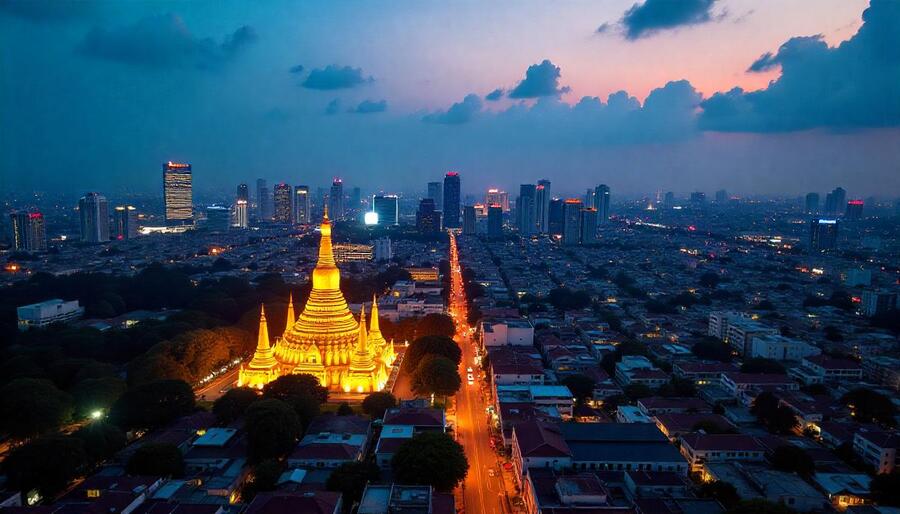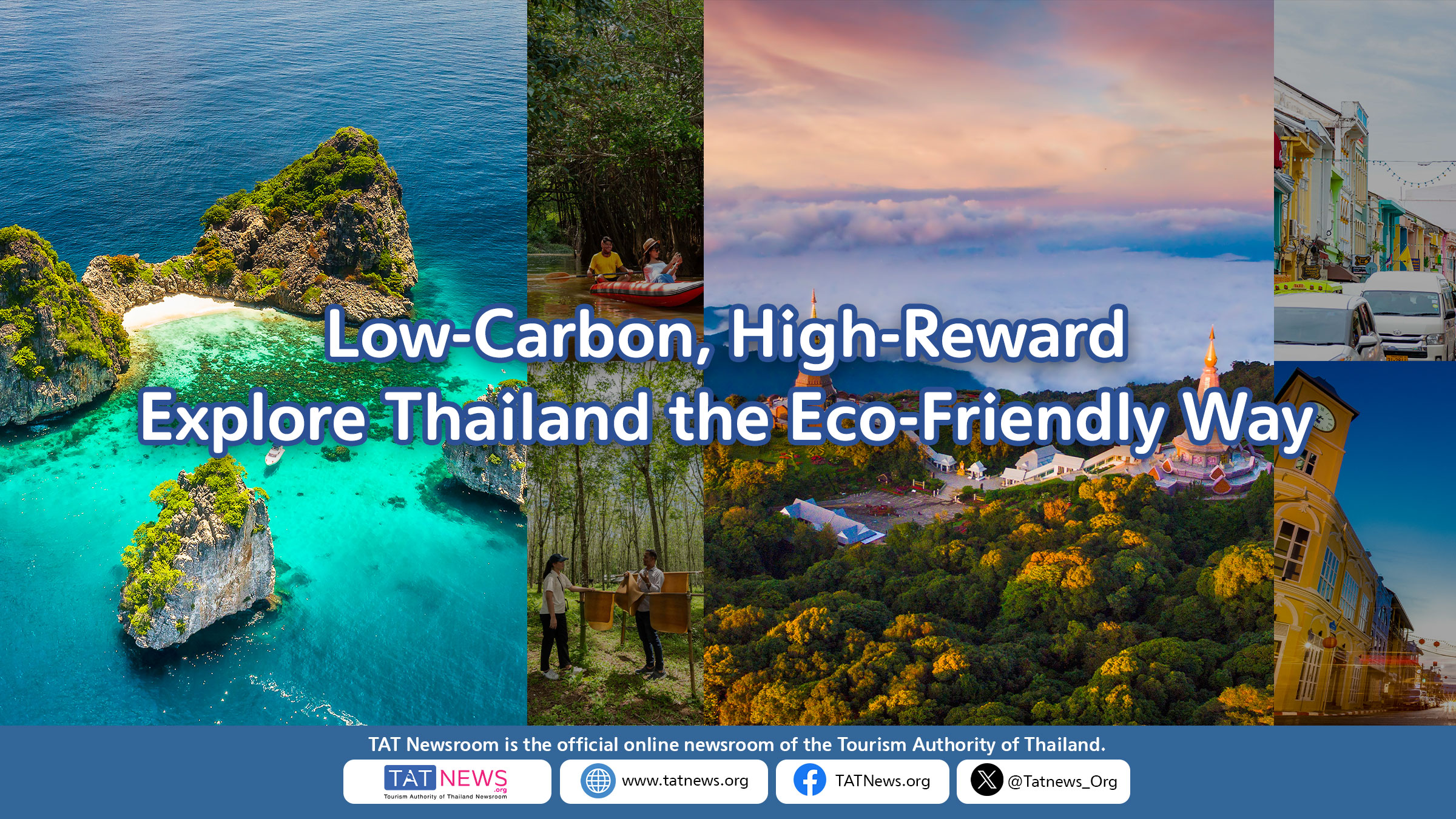After updating all its travel advisories for the Middle East, the Canadian government has shifted its focus to Southeast Asia, releasing an important advisory for one of the region's most visited countries: Thailand. Places such as Chiang Mai, Bangkok, and Phuket are extremely popular, attracting thousands of tourists every year. Yet, not every province in Thailand is safe. Knowing which areas to avoid is essential to prevent your trip from turning into a nightmare. Yet, not every province in Thailand is safe. Knowing which areas to avoid is essential to prevent your trip from turning into a nightmare.
The Canadian government is now advising its citizens to avoid the southern region of the country due to ongoing conflicts. People are also advised to exercise caution in Bangkok due to ongoing political tensions. This article discusses everything you should know about the latest Canada travel advisory, including which areas of Thailand to avoid and what to expect when visiting this country.
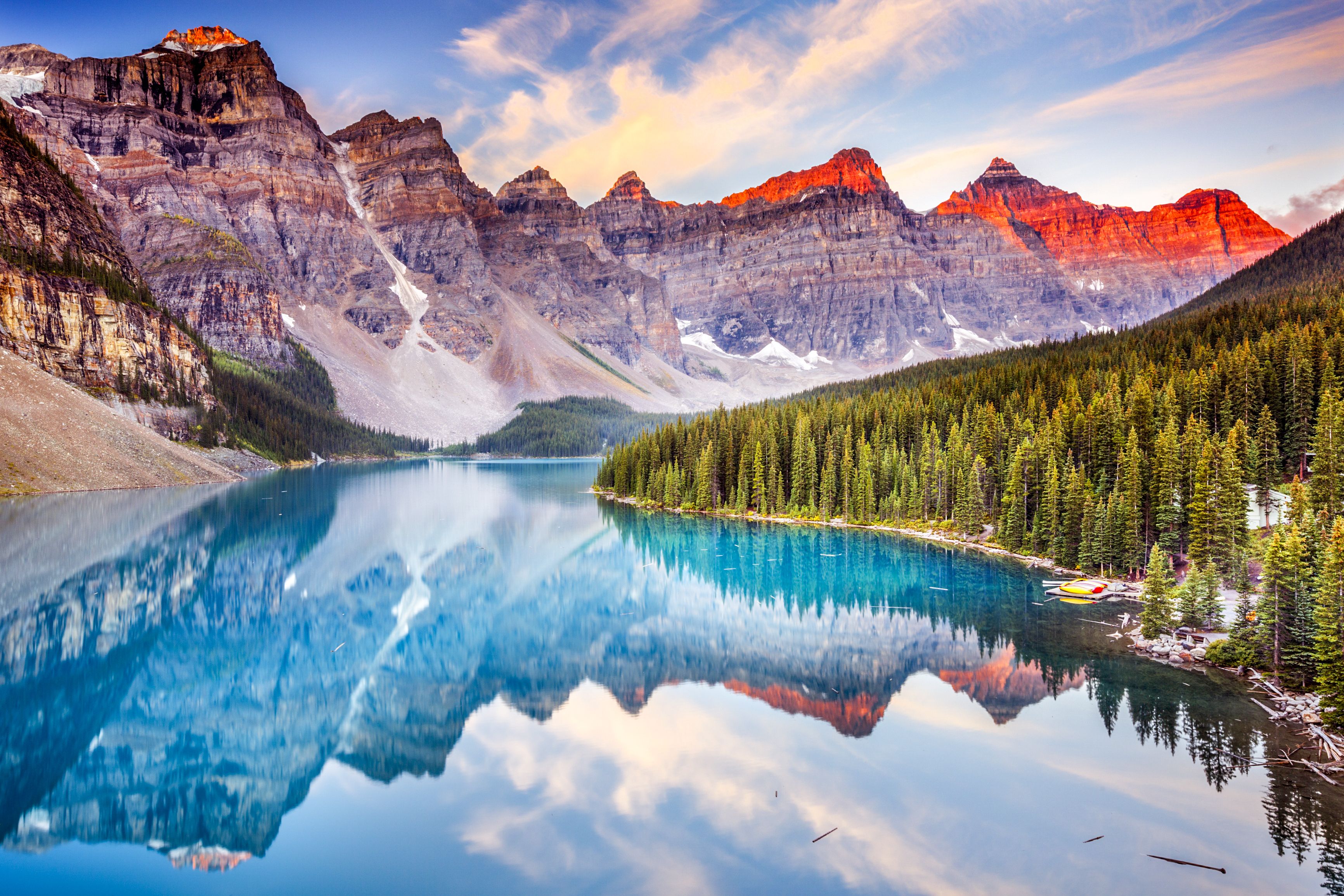
Related
Experts Sound Alarm On Canada's Free Park Admission: "Sometimes We Can Love Nature To Death"
This initiative provides free entry to national parks and historic sites administered by Parks Canada to boost domestic tourism, but can nature cope?
On June 16, the Canadian government issued a new travel warning for Thailand, urging travelers heading there to 'avoid all travel' to specific regions in the country. In particular, the advisory mentions the following southern provinces, which should be avoided at all costs due to ongoing conflicts:
| 'Avoid All Travel' Provinces in Thailand |
|---|
| Narathiwat |
| Pattani |
| Songkhla |
| Yala |
These areas are near the border with Malaysia and are deemed dangerous due to separatist insurgents who regularly perpetrate attacks. The Canadian advisory states that travelers in this region unfortunately risk becoming 'collateral victims.'
Deadly attacks include shootings, bombings and arson, and are usually directed at military, government and security buildings and personnel. They have also occurred in a variety of public places.
The advisory continues by stating that martial law and heavily enhanced security measures are currently in place in the provinces above. As a result, authorities can now detain suspects without charge, seize objects and documents, conduct searches, and impose curfews.
While the Canadian government asks all visitors to 'avoid all travel' to the provinces above, it also recommends exercising a high degree of caution in the provinces of Mae Hong Son and Tak on the Thailand-Myanmar border. Clashes between the government and drug dealer gangs occasionally occur here. People planning to cross the border should be aware that it may be closed without notice. The advisory recommends:
Cross at designated border crossing points only, with the required travel documentation.
Unfortunately, disputes between Thailand and Cambodia over the territories near the border have been going on since an exchange of fire on May 28, 2025. For this reason, people crossing by land should expect increased military presence.
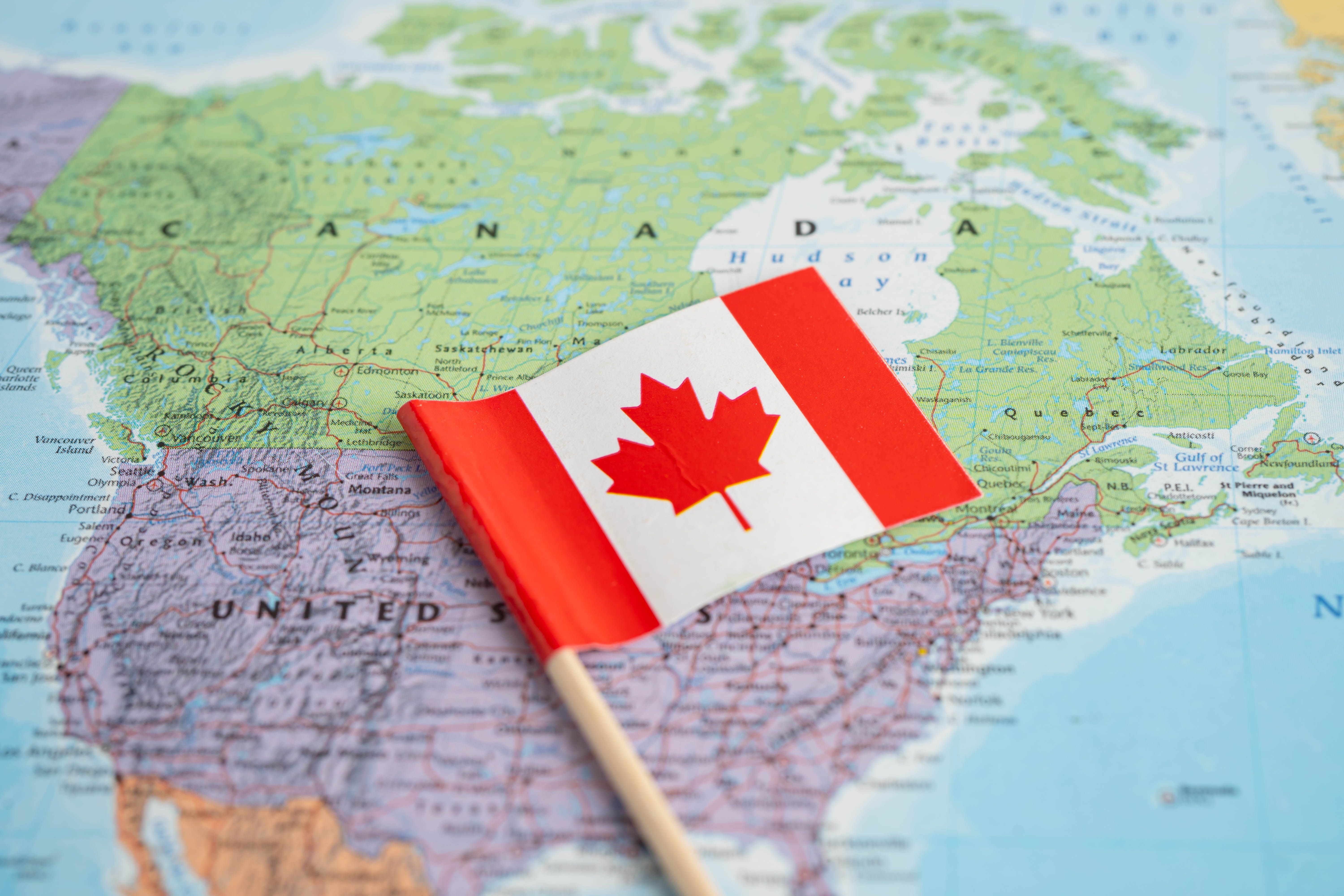
Related
"They Don't Miss Canadians, They Miss Our Money": Canadians Push Back On U.S. Deals
U.S. Northern states are trying their best to lure Canadian visitors back into the States, yet Canadians aren't buying it.
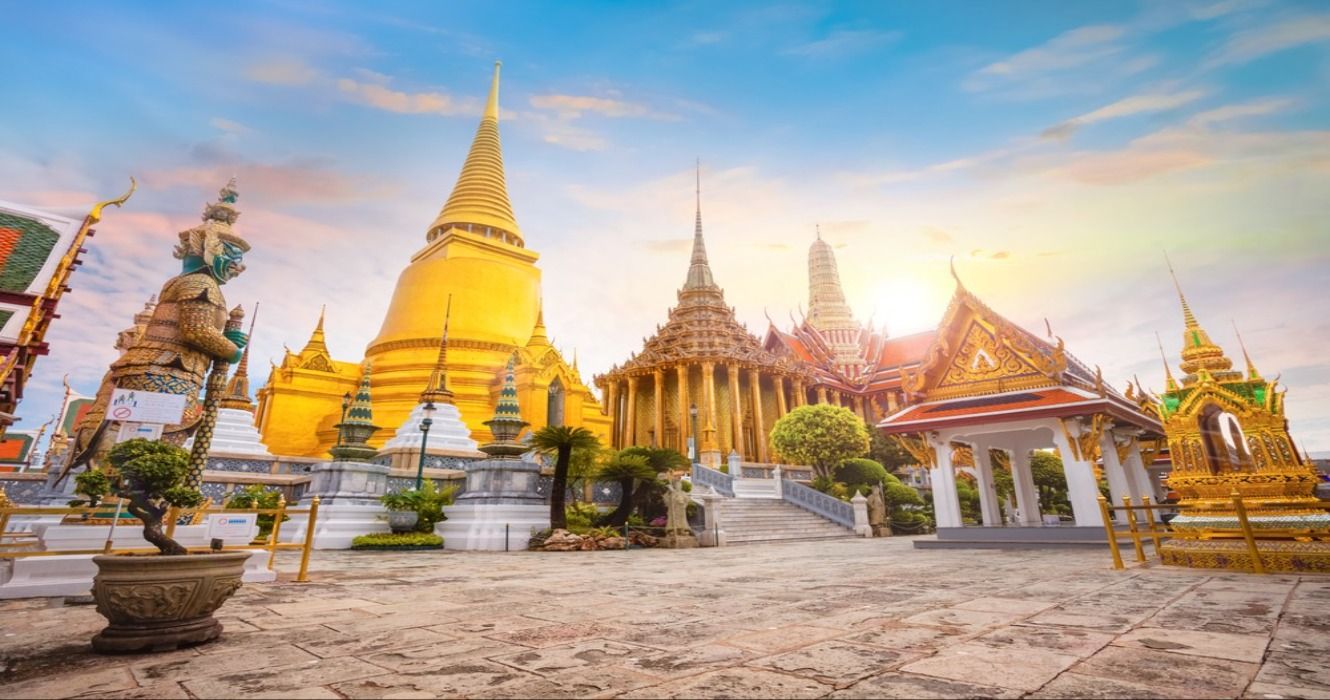
Wat Phra Kaew in Bangkok, Thailand, a sacred temple that's part of the Thai Grand Palace
While the areas mentioned above are not particularly popular among tourists, the Government of Canada also warns its citizens to expect 'political tensions' in one of the country's most popular tourist sites, the capital, Bangkok. In this regard, the advisory states:
Political instability in Thailand has created a volatile and unpredictable security environment throughout the country, particularly in Bangkok. Legal provisions may allow the military to retain and exercise sweeping powers.
Some of the sweeping powers the military may exercise include restricting movement, searching for weapons, imposing curfews, censoring the media, and preventing public gatherings. Visitors should expect to set up checkpoints and remember that the military has the right to use force in response to acts of violence, such as during demonstrations. Some websites, TV channels, and radio stations may be shut down at any time, and social media services may be temporarily suspended.
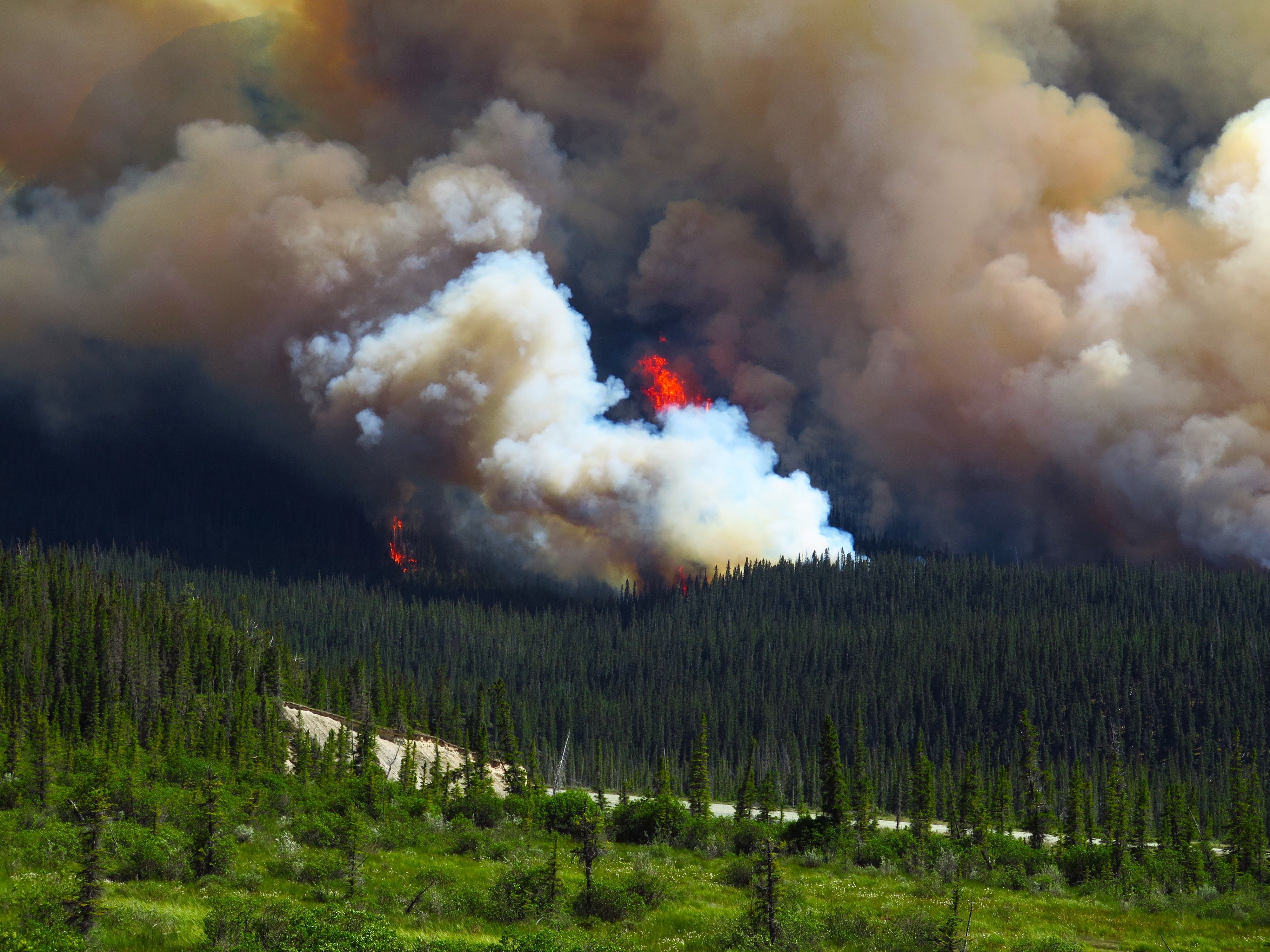
Related
U.S. Issues New Travel Warning For Canada As Wildfires Threaten Safety
For a change, the U.S. government's latest travel advisory for Canada is not because of border tensions.
Canada regularly updates its travel advisory to inform its citizens about ongoing conflicts, natural disasters, and other issues that may potentially impact travel. For instance, the Canadian government has recently warned tourists to avoid traveling between Bahia De Huatulco and Punta Maldonado in Mexico, as Storm Erik is slowly approaching these areas.
Apart from this, the government of Canada has recently updated all its advisories for the Middle East region due to ongoing conflicts. Lastly, it also issued a three-step advisory plan for tourists heading to Los Angeles due to demonstrations.







